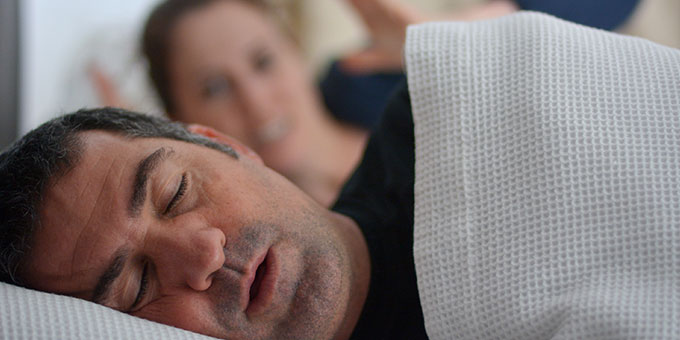THE LINK BETWEEN OSA AND TYPE 2 DIABETES
Did you know there’s a link between obstructive sleep apnea (OSA) and type 2 diabetes? Many people with obstructive sleep apnea also have type 2 diabetes. High blood sugar is the connection the two conditions have in common. Also, they share risk factors such as obesity, high blood pressure, and heart disease. At the TMJ & Sleep Therapy Centre, we want to educate you about the link between OSA and type 2 diabetes.
WHAT IS SLEEP APNEA?
Sleep apnea causes interruptions in breathing during sleep, which prevents oxygen from getting to the brain. People with sleep apnea wake when normal breathing stops. As a result, they never feel rested and experience excessive daytime tiredness.
OBSTRUCTIVE SLEEP APNEA
The most common form of sleep apnea is obstructive sleep apnea. It’s caused by blockage of the airway. The airway becomes blocked when the soft tissue in the back of the throat collapses during sleep. This form of sleep apnea is more commonly linked to diabetes.
TYPE 2 DIABETES
The bodies of people who have type 2 diabetes don’t use glucose (blood sugar) as they should. Glucose provides energy for the body’s cells and levels in the blood are controlled by insulin (a hormone made by the pancreas).
Type 2 diabetics still produce insulin but the body’s response to it is abnormal, which raises blood sugar levels. The pancreas works hard to make more insulin, but the extra strain means the pancreas can’t produce enough insulin to keep blood sugar levels stable.
THE LINK
Sleep apnea sufferers stop breathing repeatedly at night. During these episodes, the body sends adrenaline to restart breathing. The adrenaline spike triggers the body to convert carbohydrates to glucose, which raises blood sugar levels. The body responds to the higher blood sugar levels by releasing insulin.
The insulin causes the body to store the sugar as body fat for energy. While you’re sleeping, the body repeats this process with each apnea episode. This explains the link between sleep apnea and insulin resistance. Treating sleep apnea may help type 2 diabetics with glucose control and help prevent nondiabetics from getting it.
If you or someone you know has been diagnosed with sleep apnea, we can help find the best treatment option. Contact our office to schedule a consultation.



